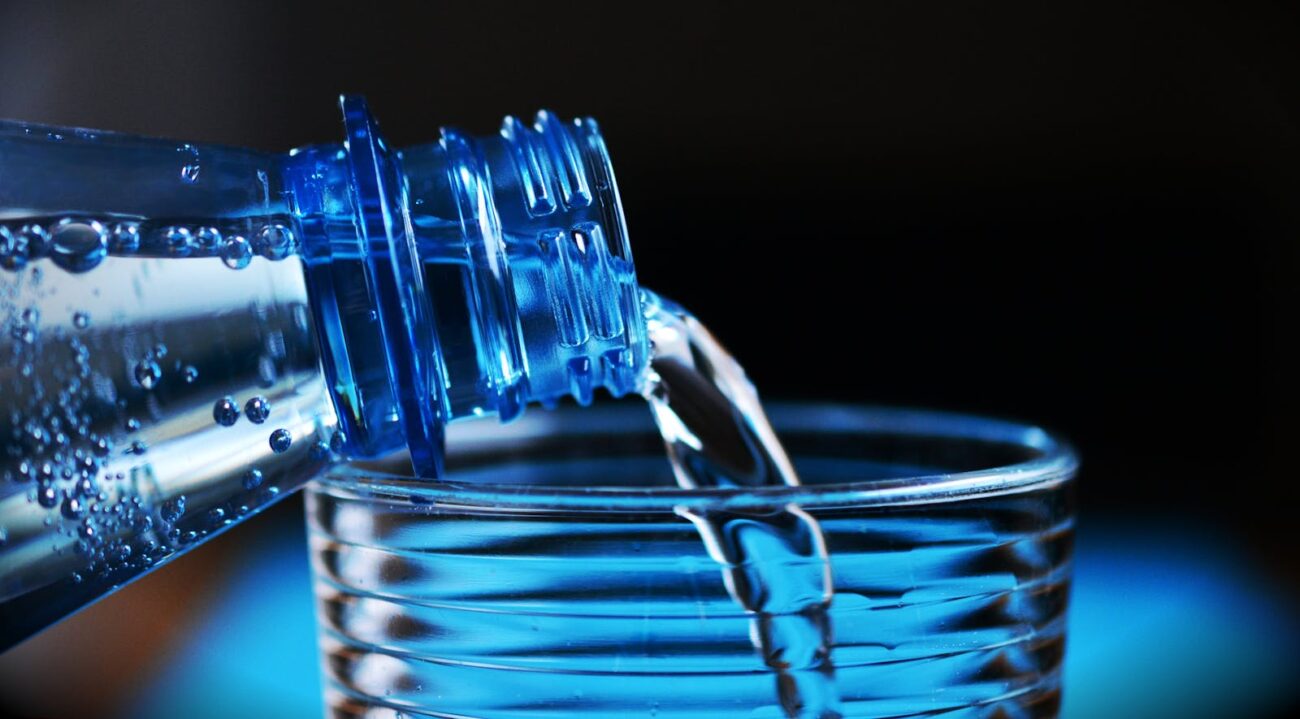In a health-conscious world, mineral water has earned a reputation as a refreshing and natural alternative to sugary drinks or tap water. Promoted for its purity and nutrient content, mineral water is often associated with improved hydration, better digestion, and even enhanced skin health.
But is mineral water always good for you? And are there cases when it might be best avoided?
Let’s explore the benefits and contraindications of drinking mineral water to help you make an informed choice.
What Is Mineral Water?
Mineral water is water sourced from a natural underground reservoir that contains various minerals and trace elements. These may include calcium, magnesium, potassium, sodium, bicarbonates, and sulfates. The exact composition depends on the geological characteristics of the source.
There are two main types:
- Still mineral water (non-carbonated)
- Sparkling mineral water (naturally carbonated or artificially carbonated)
To be labeled as “mineral water,” the water must be bottled at the source and contain no added minerals.
Health Benefits of Mineral Water
1. Hydration with a Nutritional Boost
Mineral water helps maintain fluid balance in the body, just like any water, but its mineral content provides added health advantages — especially for people with certain nutritional deficiencies.
2. Supports Bone Health
Calcium-rich mineral water can contribute to bone strength, especially in individuals who are lactose intolerant or do not consume dairy regularly.
3. Aids Digestion
Water with high bicarbonate content may help neutralize stomach acid and improve digestion. Sparkling mineral water can also stimulate gastric secretions and promote bowel movement in some people.
4. Replenishes Electrolytes
After exercise or during hot weather, mineral water containing magnesium, sodium, and potassium can help replenish electrolytes lost through sweat.
5. May Help Lower Blood Pressure
Magnesium and calcium found in mineral water are known to support healthy blood pressure levels, making it a good choice for people managing hypertension — depending on sodium content.
6. Promotes Healthy Skin
Some claim that the trace elements in mineral water can contribute to clearer skin, though this benefit is more anecdotal and often associated with topical use.
Potential Contraindications and Cautions
Despite its many benefits, mineral water is not suitable for everyone in every situation. Here are a few things to keep in mind:
1. High Sodium Content
Some mineral waters contain significant levels of sodium. For individuals with high blood pressure, heart disease, or kidney issues, this can be problematic. Always check the label if you’re watching your salt intake.
2. Bloating and Gas
Carbonated mineral water can cause bloating, gas, or discomfort in people with sensitive stomachs or gastrointestinal conditions like IBS (Irritable Bowel Syndrome).
3. Kidney Conditions
Individuals with certain kidney disorders (e.g., chronic kidney disease) may need to limit their intake of minerals like calcium and phosphorus. High-calcium waters may exacerbate these conditions.
4. Not a Substitute for a Balanced Diet
While mineral water can supplement mineral intake, it shouldn’t replace a balanced diet. Relying on it as your sole source of nutrients is neither sustainable nor effective.
5. Environmental Considerations
Bottled mineral water has a larger environmental footprint compared to filtered tap water. Single-use plastics and transportation contribute to pollution and climate change.
Who Should Drink Mineral Water?
Recommended For:
- People with mild electrolyte deficiencies
- Those looking to supplement calcium or magnesium
- Athletes and individuals in hot climates
- People with digestive issues (in moderation)
Use With Caution:
- People with high blood pressure (check sodium levels)
- Individuals with kidney disorders
- Those prone to bloating or digestive sensitivity
- Pregnant women (consult with a healthcare provider)

Mineral water is more than just a trendy drink — it offers real health benefits when consumed mindfully. With its rich composition of naturally occurring minerals, it can support hydration, digestion, and even cardiovascular health.
However, like many things in wellness, balance is key. Always consider your individual health needs and consult a healthcare provider if you’re unsure about whether mineral water is right for you — especially if you drink it daily or in large quantities.
So the next time you reach for a bottle of mineral water, take a moment to check the label — your body will thank you.

